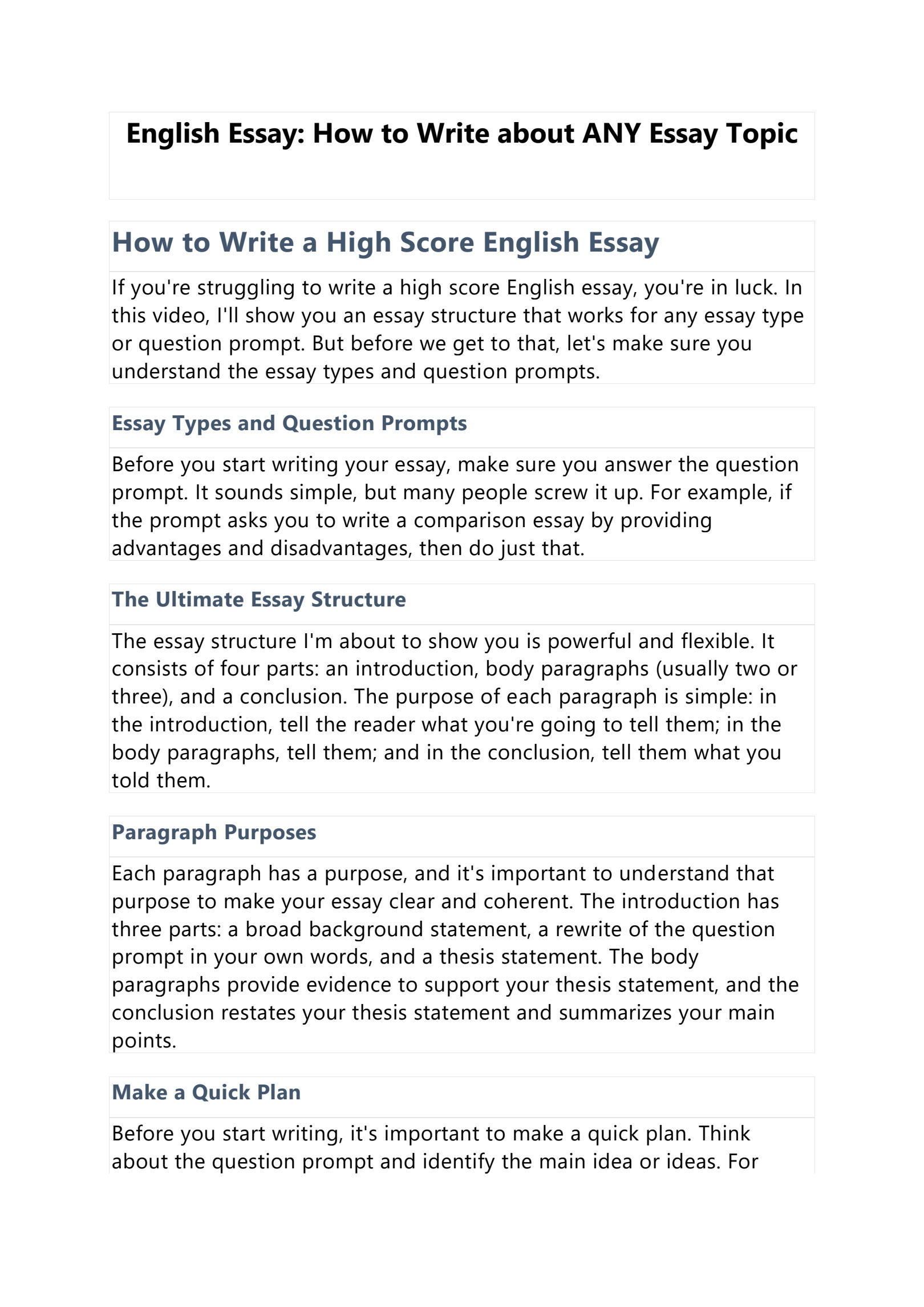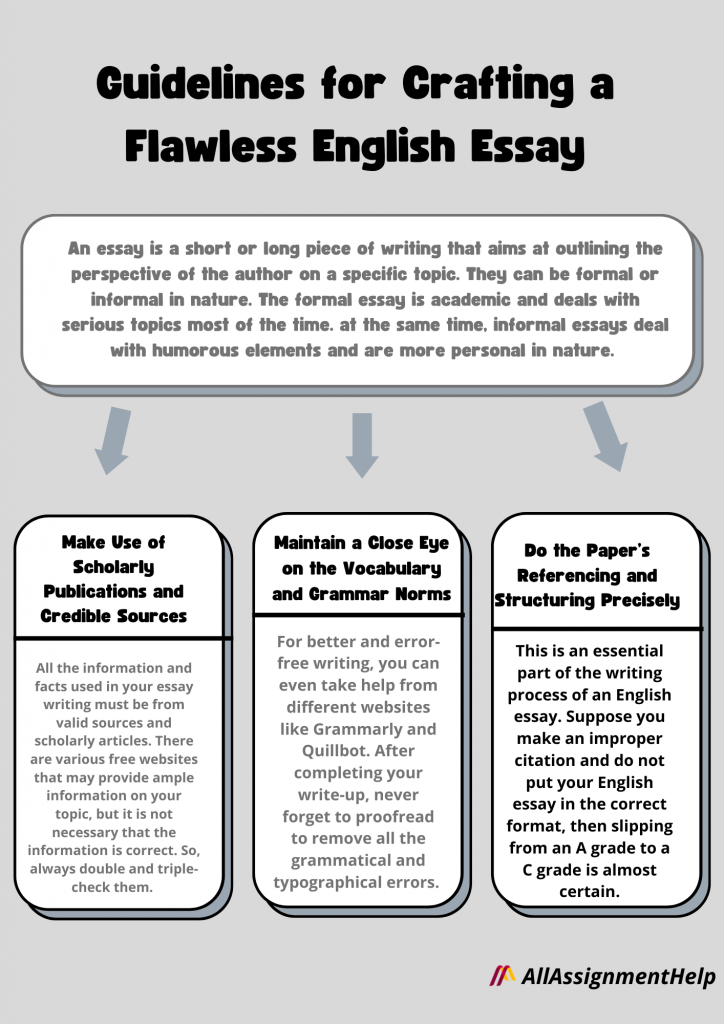Mastering Essay Questions: 5 Essential Rules for Exam Success
Mastering Essay Questions: 5 Essential Rules for Exam Success
Exams can feel overwhelming, right?
Especially when you hit those essay questions.
I remember my first big exam with a long essay question.
I was staring at a blank page, heart racing, completely unsure of how to kick things off.
But guess what? Over time, I’ve figured out that nailing essay questions is about more than just knowing your stuff.
It’s all about having the right strategies in your back pocket to show what you know.
So let’s dive into five essential rules that helped me ace my exams, and can do the same for you.

Rule 1: Understand the Question
First things first, you’ve got to really get what the question is asking.
It’s not just about reading the prompt.
You need to break it down.
Look for key terms and directives like:
- Discuss
- Analyze
- Evaluate
- Compare
These words tell you what the examiner is expecting from you.
When I tackle an exam, I take a moment to circle or underline these keywords.
It keeps me focused on what’s needed.
For example, if the question says “evaluate,” I know I need to give a critical assessment—not just a summary.
I learned this from a great YouTube video on answering essay questions.
Taking time to dissect the question can really sharpen your response.
Rule 2: Plan Your Response
Once you understand the question, it’s time to plan your answer.
Trust me, a quick outline can save you loads of stress.
Your outline doesn’t have to be fancy—just jot down your main points and supporting evidence.
Here’s a simple structure I often use:
- Introduction: Define the topic and its importance.
- Body Paragraph 1: Discuss the first main point.
- Body Paragraph 2: Dive into the second point.
- Body Paragraph 3: Explore the third point.
- Conclusion: Wrap it all up with key takeaways.
For instance, if I’m asked about climate change’s impact on biodiversity, I might outline it like this:
- Introduction: Define climate change and why it matters.
- Body Paragraph 1: Effects on specific species.
- Body Paragraph 2: Impact on ecosystems.
- Body Paragraph 3: Conservation efforts.
- Conclusion: Summarise key points and suggest future actions.
This way, I stay on track and cover everything I need to.
Rule 3: Manage Your Time Wisely
Time management is crucial, especially with multiple essay questions.
I’ve learned the hard way that spending too long on one question can leave you scrambling.
Here’s what I do:
- Allocate Time: Decide how much time to spend on each question based on its weight.
For example, if I have three questions and three hours, I might do:
- 50 minutes on Question 1
- 50 minutes on Question 2
- 60 minutes on Question 3
- Set a Timer: I set a timer for each question.
This keeps me accountable and helps me maintain a steady pace.
Managing my time well means I can give each question the attention it deserves without feeling rushed.
Rule 4: Write Clearly and Coherently
Now, let’s talk about writing.
It’s not just about having great ideas; you also need to express them clearly.
Here are some tips I stick to:
- Start with Strong Topic Sentences: Each paragraph should kick off with a clear topic sentence outlining the main idea.
- Use Supporting Evidence: Back up your claims with solid evidence—data, quotes, or logical reasoning.
- Include Transitions: Use transitional phrases like “In addition,” “Furthermore,” or “On the other hand” to guide your reader through your argument.
And don’t forget about grammar and punctuation!
A well-structured essay is pointless if it’s riddled with mistakes.
I always save a few minutes at the end to proofread my work.
Rule 5: Conclude Effectively
A strong conclusion can make all the difference.
Don’t just restate your introduction.
Instead, summarise your main points and highlight their significance.
In my conclusions, I aim to:
- Summarise Key Points: Recap the main arguments to reinforce your position.
- Reflect on Implications: Include a statement about the broader implications of your findings.
- Leave a Lasting Thought: End with something thought-provoking to make your essay memorable.
By following these five essential rules, I’ve seen a massive improvement in my essay responses.
Each rule builds on the other, creating a solid strategy for tackling those tricky exam questions.

Conclusion
Mastering essay questions isn’t just about knowing your stuff.
It’s about understanding the question, planning your response, managing your time, writing clearly, and concluding effectively.
These five rules have been a game-changer for me.
I encourage you to adopt these strategies and tweak them to fit your style.
With practice, answering essay questions can shift from feeling daunting to an opportunity to showcase your knowledge.
For more insights, check out the YouTube video on answering essay questions for even more tips.
Remember, effective writing is a skill you can develop over time.
Focus on these essential rules, and watch your exam performance soar.
Happy studying!


FAQs
What should I do if I don’t understand the essay question?
Take a moment to break it down. Look for key terms and think about what the question is really asking. If you’re still stuck, ask your teacher for clarification.
How much time should I spend on each essay question?
It depends on the exam. A good rule of thumb is to allocate time based on the weight of each question. Make sure to leave some time for review.
Is it necessary to proofread my essay?
Absolutely! Take a few minutes at the end to check for grammar and clarity. It can make a big difference in how your ideas are perceived.
Can I use bullet points in my essay?
Generally, essays should be written in paragraph form. However, if the exam instructions allow it, bullet points can effectively present information clearly.
What if I run out of time?
If you find yourself running out of time, quickly write a brief conclusion summarising your main points. It’s better to have a short conclusion than to leave the essay hanging.

